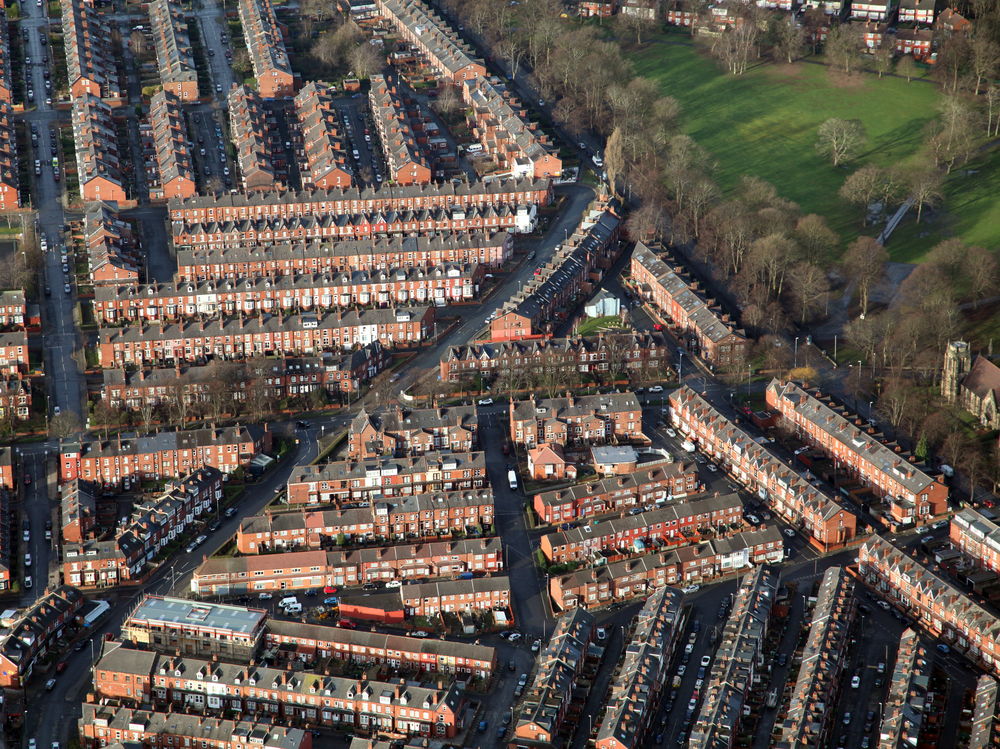Pre-payment meters (PPMs) are forcing people to live in cold damp homes, according to new research. [1]
The figures, for the Warm This Winter campaign, reveal that 64% of pre-payment meter customers are vulnerable, with 51% having health conditions or disabilities.
Over one in ten (13%) PPM customers have already self-disconnected by massively reducing their energy supply. The situation is even worse among those on traditional PPMs (like those installed via court warrant) compared to those on smart meter PPMs [2].
Almost a third (31%) of PPM customers now live in cold damp homes (more than the national average of 19%). Among those customers who are on PPMs and also classified as vulnerable, the situation is even more stark, with 14% disconnecting and 36% now living in a cold damp home.These figures are before the current predicted cold snap kicks in and increases energy bills further.
Pre-payment meters could cost customers in excess of £200 more for their energy this winter. A recent investigation for the i paper, revealed that energy firms have secured almost 500,000 court warrants to install these meters in homes of customers in debt since the end of lockdown.
When customers are on pre-payment tariffs they will repay their energy debts and also incur daily standing charges – on top of paying more for their energy at a higher unit cost. This can often lead to customers “self-disconnecting” as the cost of servicing debt and standing charges leaves them with no money for energy.
In some cases, customers volunteer to go onto a prepayment meter, but research for one energy firm suggested that in 14% of cases, this was done without a customer’s active, informed consent. [3]
The End Fuel Poverty Coalition has called for a ban on the forced transfer of customers to pre-payment meters. A spokesperson commented:
People on low incomes have always saved energy, but if people self-disconnect or drastically reduce their energy use, they are at risk from the severe health complications of living in a cold damp home.
Children and those who are elderly, disabled or have pre-existing medical conditions are especially vulnerable this winter.
The research shows the scandal of people condemned to a winter of misery – forced on them by energy firms.
These firms appear to be manipulating the courts to push people onto pre-payment meters.
The i investigation went on to uncover that in some cases courts are “batch approving” applications for warrants. In one series of cases, seen by the journalist, almost 500 applications for pre-payment meter warrants were issued in just under four minutes.
The End Fuel Poverty Coalition now advises any customers to check all messages from energy firms and if they are contacted about a pre-payment meter installation to contact the Good Law Project who are looking to challenge these transfers.
The investigation comes after a weekend of “Warm This Winter” protests in more than 40 locations across the UK. Ruth London of Fuel Poverty Action took part in the day of action and commented:
There is growing anger at the absolute poverty so many people are facing now – it feels like going back to Victorian times and many will not survive this winter.
And why? There is plenty of money. Energy corporations are making eye-watering profits from the money we are paying them. Patriotic Millionaires are crying out to be taxed. And meanwhile people are dying in cold, uninsulated homes.
Fuel Poverty Action is fighting for Energy For All – enough energy free for each home to cover the basics like heating and lighting, paid for by windfall taxes, ending the millions spent daily on fossil fuel subsidies, and higher tariffs for luxury or wasteful energy use.
With temperatures set to plummet this week, the National Pensioners Convention has called a protest against excess winter mortality rates on Thursday 8 December 2022, 12 noon (meet George V Statue, Old Palace Yard).
Caroline Abrahams, Charity Director at Age UK, said:
People on pre-payment meters (PPMs) are some of the most vulnerable among us. I dread to think how many older people have been affected by the 500,000 warrants issued for forced PPM installations since the end of lockdown.
PPM charges are generally higher than charges for those paying by direct debit, leading to higher rates of fuel poverty among this group.
Although PPMs are included in the Government’s £400 energy bill discount scheme, many are missing out on this much-needed help because of problems with the vouchers that are being issued for those on older meters. In fact we estimate that at least 150,000 older households relying on an old PPM will miss out on the £400 and worryingly, recent Government figures suggest over 40% of vouchers sent to PPM households are yet to be redeemed.
We want to see a promotional campaign to encourage those people with old PPMs to redeem their vouchers, with repeat vouchers dispatched to homes yet to redeem and extensions given to expiry dates. The Government and Ofgem must also consider a moratorium on forced PPM installations until energy prices stabilise to avoid older people self-disconnecting this winter.
ENDS
[1] 2,198 people interviewed between 29-30 November 2022. Results were weighted to be representative of the UK population. A vulnerable household is defined as having a child under 6, an adult over 65, a person who is disabled or with a long term health condition.
[2] 18% of those on old fashioned PPMs and 7% of smart meter PPM customers have massively reduced their energy use with a further 33% of old PPM and 53% of smart PPM households somewhat reducing consumption.
[3] Research by Utilita, reported in The Sun, indicates that while 86% did choose to be on a PPM, this would imply that as many as 14% of the 4.5m PPM households (i.e. 630,000 households) did not actively choose to be on the tariffs.

